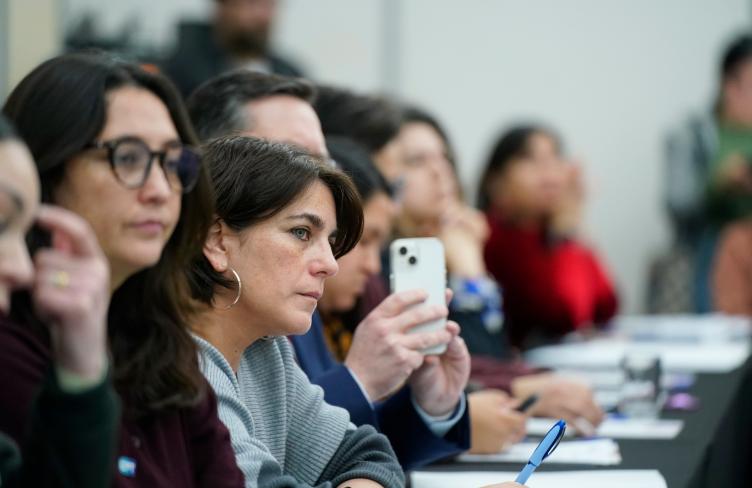
Around the world, more and more National Human Rights Institutions (NHRIs) are being designated as National Preventive Mechanisms (NPMs), making up more than two thirds of all NPMs worldwide. Although they share – despite their regional and structural diversity – many of the same advantages and challenges in implementing the preventive mandate, they have not yet had an opportunity to discuss NPM issues openly or form a community of practice at the global level. Responding to this gap, APT and the Global Alliance of National Human Rights Institutions (GANRHI) organised the first global meeting for NHRIs as NPMs in March, in the side-lines of the annual GANHRI conference.
Discussing the advantages of giving the NPM mandate to an NHRI, the New Zealand Human Rights Commission, which coordinates a multiple body NPM, emphasised the ways in which NHRIs can act as a bridge with the international human rights system (for example by making sure domestic recommendations are echoed in the Universal Periodic Review). They also highlighted the ways in which, by working together, they can multiply the impact of several institutions which, in the past, would have acted alone. Another benefit, shared by the Georgian NHRI, is the increased focus on preventive strategies, which should lead to a reduction in complaints over time – something that is particularly relevant to many NHRIs with a large and resource intensive complaints-handling mandate.
NHRIs also face challenges in the incorporation of such a new and preventive mandate into their existing work. For example, the Mexican NHRI shared the ways in which it has worked to harmonise practices among different regional commissions, which have different traditions and approaches to their work. It is important for NHRI to have a strong legal basis. After 10 years of exercising the NPM mandate, Mexico adopted a new anti-torture law that includes a section on the NHRI as NPM and reinforces its structure. In Morocco and Rwanda, the revision of the NHRI law precedes the designation. The Moroccan NHRI discussed the ways in which the NPM mandate will fit alongside its other roles and functions and how torture prevention has to involve the whole institution if it is to be successful.
The meeting included a wide range of NHRI perspectives, from older institutions, such as the Polish NHRI – which discussed the ways in which their history gives them a certain power and status, even in the face of threats to their funding and independence – to institutions which are only at the very beginning of their NPM work.
The key outcomes of the meeting were that NHRIs with an NPM mandate should meet regularly during GANHRI events in future. This first meeting was broad in scope and a wide range of topics were discussed but a more thematic focus is likely in future. APT and GANHRI will also continue to work together on developing appropriate assistance for NHRIs with such a mandate.



